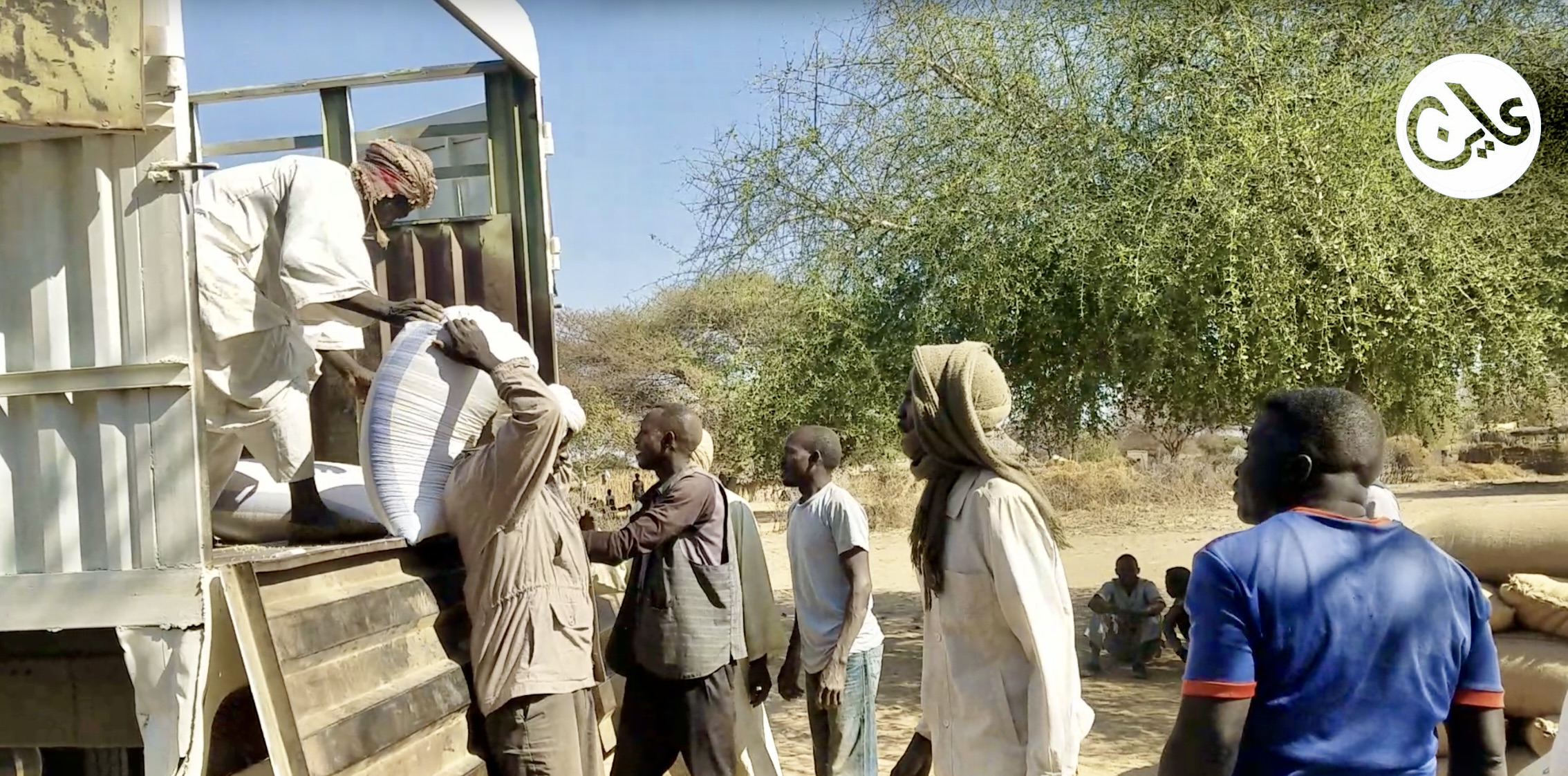A wall of corruption: How Sudan’s aid commission (HAC) is strangling humanitarian relief
14 October 2025
As millions depend on aid to survive, insiders expose how bureaucracy and bribery within Sudan’s Humanitarian Aid Commission are choking lifesaving work.
As millions of Sudanese struggle to survive on humanitarian assistance, exclusive testimonies from aid workers reveal a harsh truth no less devastating than the war itself. They describe a deeply entrenched system of obstruction and corruption within Sudan’s de facto government-run Humanitarian Aid Commission (HAC)—a “hidden wall” that is slowly suffocating relief efforts and turning vital lifelines into trickles of delayed aid.
Political analyst Mohamed Ibrahim states that the army-controlled government and the Humanitarian Aid Commission (HAC) oppose the ERRs and any potential links to foreign backers, a stance that has long-term roots in the dictatorship of Omar al-Bashir. “The Humanitarian Aid Commission was not set up to support humanitarian efforts per se – but more to control those that do,” Ibrahim said. The former regime under Bashir expelled 13 foreign NGOs from Darfur after the International Criminal Court issued an arrest warrant against Bashir for crimes against humanity in Darfur.
Speaking to Ayin, several humanitarian workers spoke on the condition of anonymity of a “daily struggle” against lethal bureaucracy and those who deliberately hinder relief operations. They warned that such obstruction threatens to paralyse emergency responses that cannot afford even a single day’s delay.
An aid officer with an international organisation who requested anonymity for security reasons described the daily reality as “a continuous battle, not against poverty or conflict, but against bureaucracy and personal obstruction.” He explained that basic administrative processes have become tools of control and punishment wielded by certain individuals within the commission.
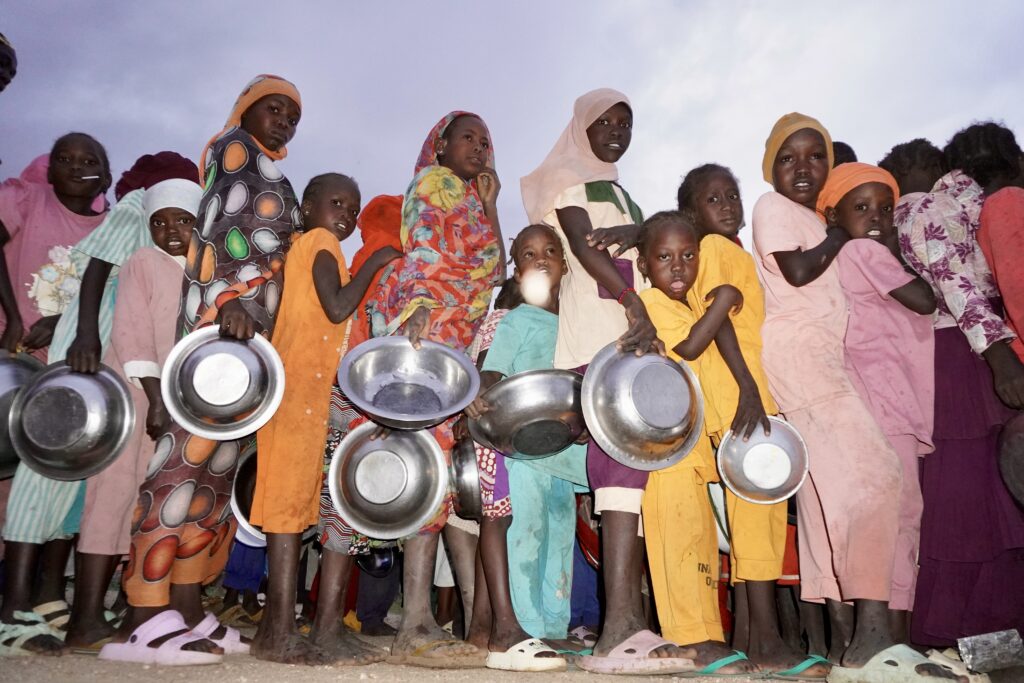
Bureaucratic hurdles
“They deliberately misplace documents, use insults to complicate communication, and delay approvals until aid workers exhaust themselves,” he said, illustrating the systemic nature of obstruction. Even fundamental movement permits – essential for lifesaving operations – now take three to five weeks to process, he added.
“Obtaining a simple movement permit or even a visa for an international staff member has become an administrative nightmare,” another aid worker for an international organisation told Ayin. The aid worker added that the process has devolved into a “vicious circle” of missing paperwork and shifting demands: “We submit visa applications and are then asked for documents we’ve already handed in. Letters authorising movements mysteriously disappeared from offices. It’s a never-ending cycle.”
The consequences go beyond frustration. “This slowdown doesn’t just hinder aid operations – it wastes precious resources and time in an emergency context,” he said, adding that intelligence monitoring has also intensified pressure on humanitarian staff, creating an atmosphere of fear and constant caution.
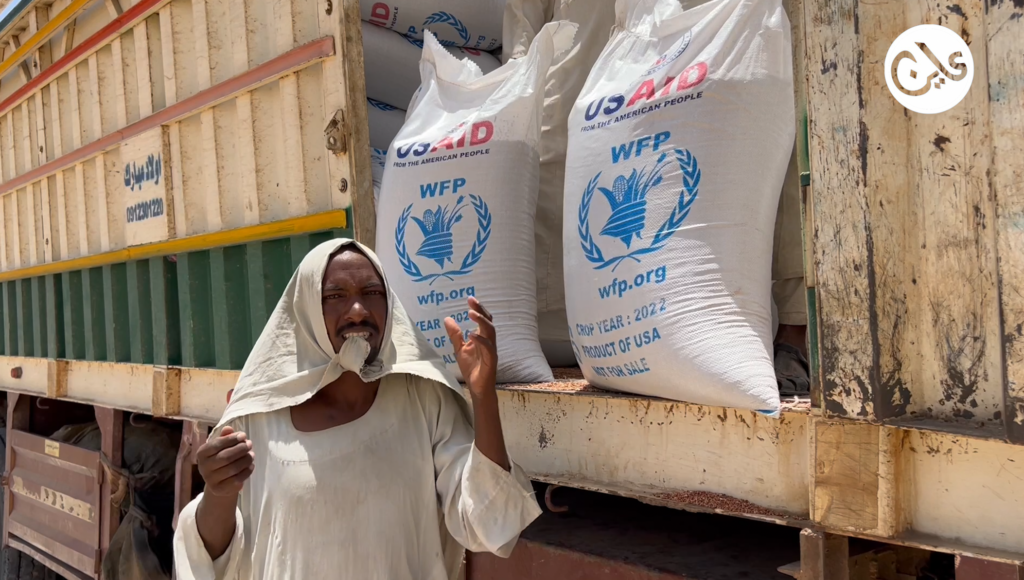
Access for bribes
The obstruction, aid workers say, is not accidental – it is profitable. What begins as administrative delay often ends in quiet transactions. Bribes have become part of the process, disguised under softer names like “facilitation” or “gifts”.
“Bribery has become a reality, but it is never called that,” said a local aid worker in Port Sudan.
A humanitarian officer in Port Sudan told Ayin that corruption takes place within the Humanitarian Aid Commission (HAC) openly. “If you don’t pay, your paperwork will not move, especially when renewing registrations or obtaining necessary approvals from central and state authorities,” he added.
Due to the legal prohibition on organisations allocating funds for bribery, field representatives frequently have to cover the costs themselves. “Medicines and food aid have expiry dates – if you wait too long for permits, they become useless,” the same source added. “So people feel forced to pay something just to get things done.”
“Officials don’t always take money directly. Occasionally they ask for items from the market or request the money quietly for appreciation,” said another local aid worker. These euphemisms do not alter the reality that this is corruption, which is shielded by silence.
For those who refuse to engage in these practices, the price is high. One aid worker cited a World Food Programme (WFP) delegate whose paperwork took eight months to complete because the agency refused to pay bribes. “This is the cost of integrity in a corrupt system,” he said.
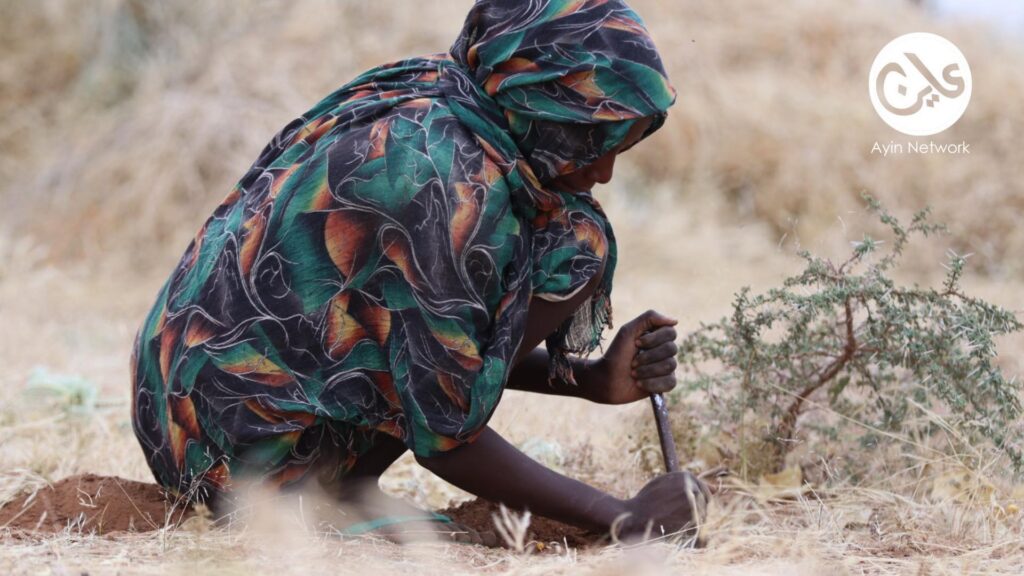
The rising price of bureaucracy
The burdensome bureaucracy goes beyond mere paperwork – it carries significant financial consequences. Mohamed Saleh, the founder of a civic organisation that operated during Sudan’s transitional period, told Ayin his group faced rejection when he applied to reregister after the war because of the nature of its work. Even after changing focus, they encountered new financial and procedural barriers.
According to Saleh, registration fees have skyrocketed recently: “The cost of a work permit rose from 35,000 Sudanese pounds (roughly US$ 11) to 50,000 (US$ 16)—and later to an unprecedented 700,000 pounds (US$ 219).” Such inflation, he said, has made legal registration nearly impossible for small groups and individual initiatives.
Saleh added that completing documentation now requires “personal recommendations or internal connections.” Without such “wasta” (influence), he said, “you face enormous delays or find it impossible to finalise procedures.” This dependency on personal networks, he added, is “a form of corruption deeply embedded in the state’s structure.”
The problem affects not only organisations but also the people they aim to serve. According to Saleh, bureaucratic and political filtering has particularly targeted initiatives dealing with sensitive topics such as migration and women’s rights. Some of these projects lost donor support because they couldn’t secure official approval or faced deliberate delays, making them appear unreliable partners.
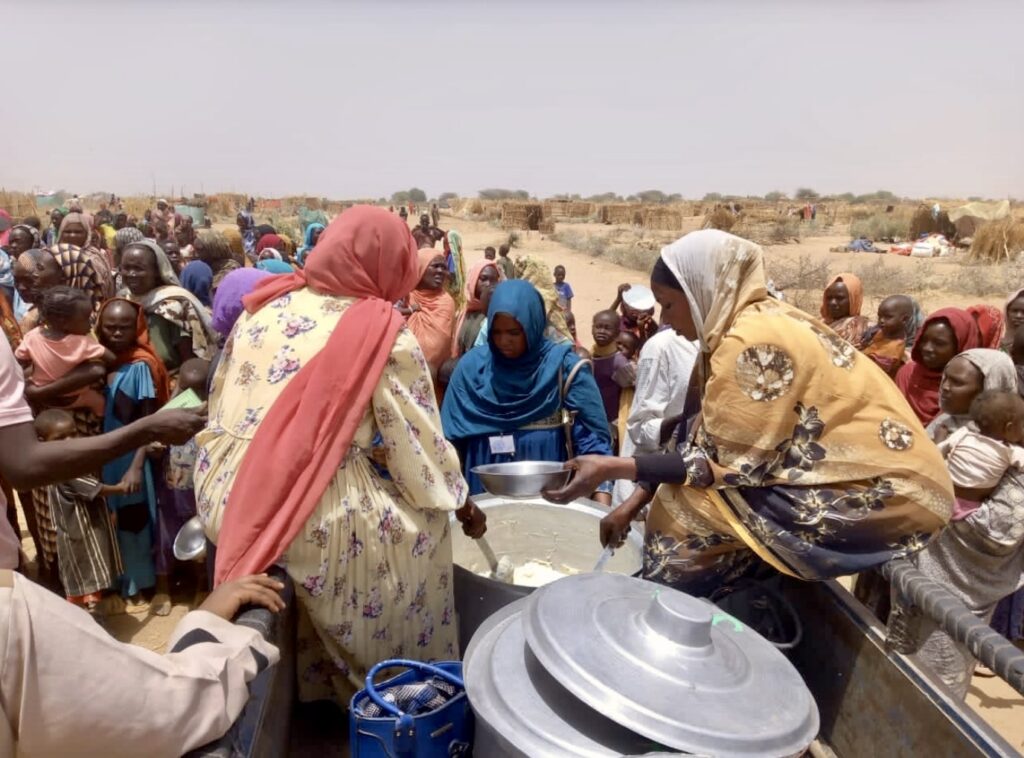
Deadly delays
Humanitarian expert Hatem Younis warned of the deadly cost of such obstruction. “Humanitarian aid is, by nature, an emergency response — it addresses needs that cannot wait,” he told Ayin. “Any delay in food, water, medicine, or protection is equivalent to death. Time in humanitarian work must be measured in hours, even minutes—not weeks.”
Younis stressed that administrative obstruction should not be treated as a minor issue but as a potential cause of loss of life. “Whether caused by individuals or institutions, such delays carry ethical and legal accountability. If a person dies because aid was delayed, that’s a moral—and possibly criminal—responsibility.”
He called for the creation of an “internal accountability mechanism” within humanitarian institutions to measure and document the time between request submission and aid delivery. “It should never take days, let alone months,” he said.
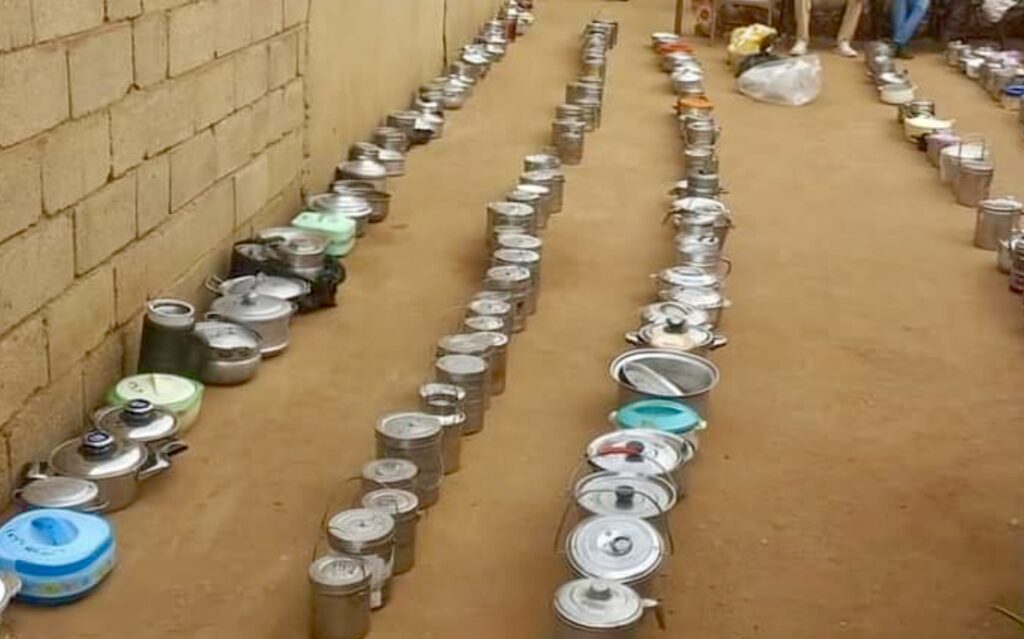
A pattern of control
This is not the first time Ayin has reported on the Humanitarian Aid Commission’s expanding control over grassroots aid work. A previous Ayin investigation revealed HAC’s attempt to place emergency response rooms (ERRs)—community-based volunteer groups that emerged to fill aid gaps—under its supervision. The commission demanded the names of volunteers and donor details, prompting grave safety concerns among ERR members.
Many volunteers saw the demand as an intimidation tactic aimed at halting independent aid networks and redirecting support toward newly formed, government-favoured groups known as Dignity Committees. These committees, widely believed to have ties to Islamist circles, have increasingly replaced grassroots responders in distributing aid, undermining trust and community-driven relief.
“In many observed contexts, the army-controlled government often opposes the ERRs, particularly when these groups operate independently or are perceived to be aligned with foreign donors or civil society networks,” says Asma*, an ERR volunteer. “At the core of this animosity is control,” Asma added. “ERRs typically prioritise humanitarian principles and community needs over political interests, which can inadvertently expose the government’s failures or neglect. As such, ERRs are viewed not only as a threat to its authority but also as potential platforms for empowering communities beyond state control.”
ERR volunteers in the Mayo neighbourhood in southern Khartoum reported that HAC representatives and Dignity Committee heads summoned them to a mandatory “registration session”. Refusal to attend was considered noncompliance. “They said we had to hand over our volunteer rosters, our food supply lists, and even our donor contacts,” said a Mayo-based organiser. “It was surveillance disguised as cooperation.”
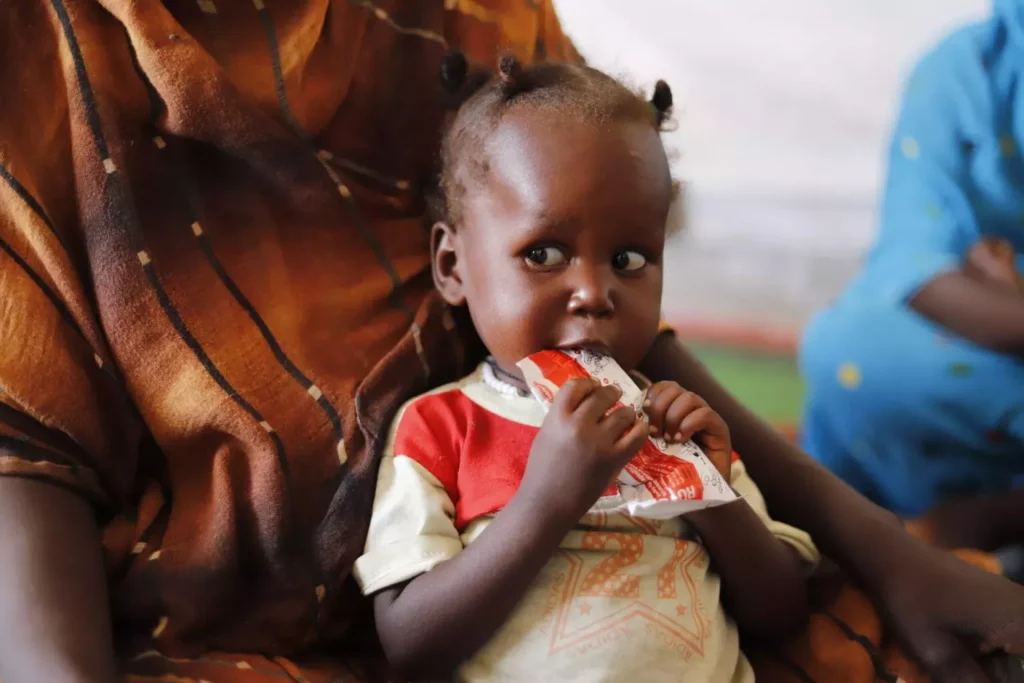
Designed to fail
Aid workers say the humanitarian frontline in Sudan is no longer in the field but inside government offices, where papers vanish, bribes decide speed, and lives are lost in the waiting.
The bureaucratic delays preventing humanitarian support could not come at a worse time. A staggering 24.6 million people in Sudan are facing acute hunger. An estimated 770,000 children are projected to suffer from severe wasting in 2025 due to malnutrition, a life-threatening condition if left untreated. And with 70–80% of healthcare facilities shuttered due to the conflict, the spread of epidemics remains rampant.
Until bureaucratic barriers to humanitarian aid are dismantled, Sudan’s humanitarian effort risks becoming an empty gesture — an operation slowed to a crawl by the very hands meant to facilitate it.
*Name changed to protect the source’s identity


